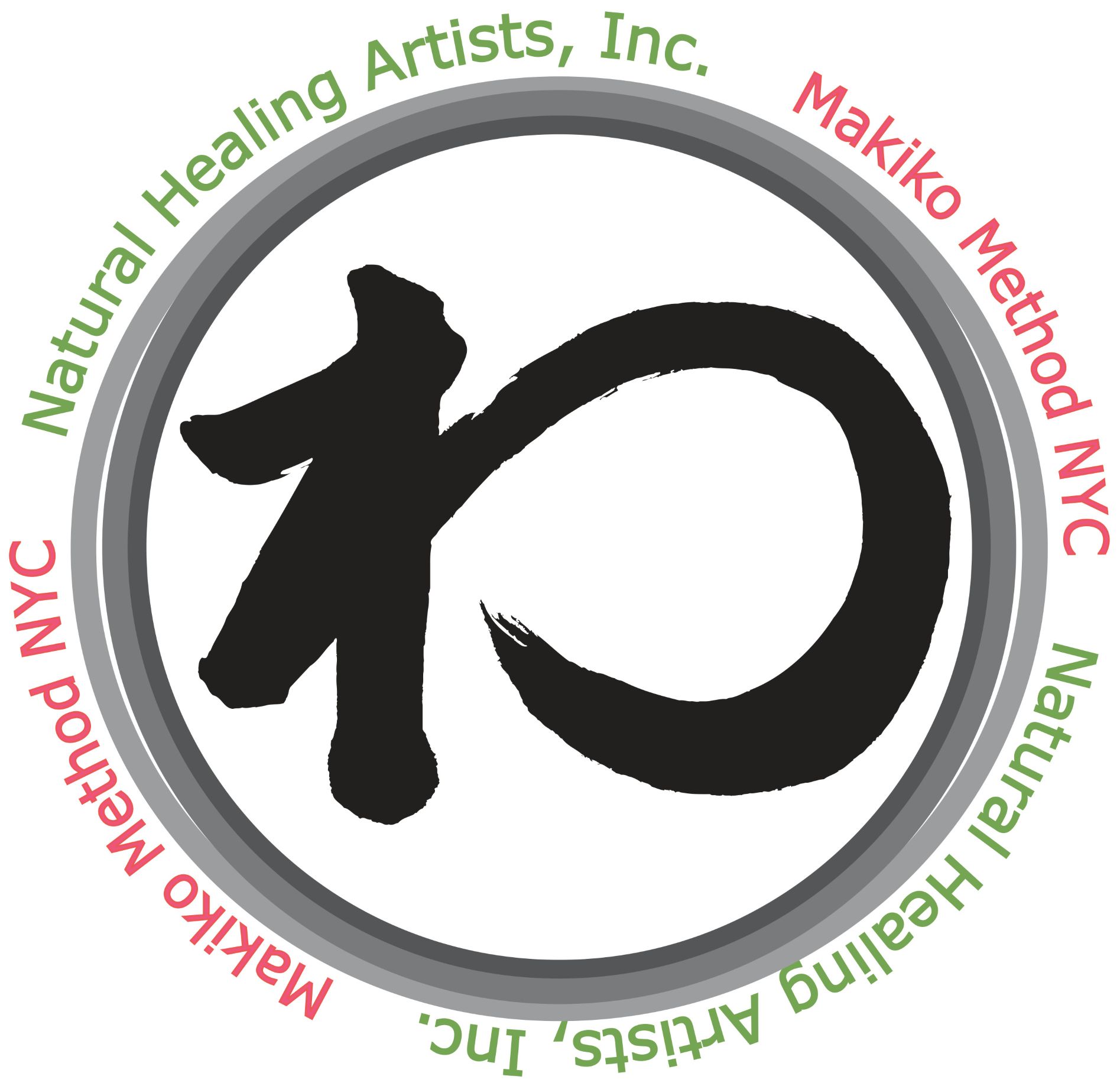Just thinking about changing your diet can be stressful.
Since my practice is in Manhattan, many clients are super busy as they are multitasking.
So, following the GAPS Diet approach may not be easy, especially for parents raising a child with Autism or other developmental challenges.
Here, I offer a Simpler Starter Program, The Five Essential Healing Foods, based on the GAPS Diet.
The qualities of these foods are most important! As highlighted by keywords such as grass-fed, organic, pasture-raised, wild ( for fish and seafood), and raw (for milk and milk products).
There is a good selection of quality food in your garden, at farmers’ markets, Amish markets, supermarkets, etc., and many delivery services are available nowadays. Following the GAPS Diet became much easier than ever!
When it comes to healing GAPS, the predominant choice is animal-based foods over plant-based foods. Of course, depending on the health issue, you may need to choose more plant-based foods. The GAPS Diet offers various protocols for your particular case. These protocols provide REAL FOODS choices to help you start healing, which means that prepackaged, processed, and Fake/Engineered foods are not real foods. You need to pay attention to the ingredients of all foods. For example, over-synthesized chemicals are used to replace nutrients or enhance the taste in processed foods. So, nutrients are stripped off while being processed.
It is important to really know what you are eating. And this is the way to be responsible for your health. Being responsible for what you feed yourself and your family is also the best way to express true LOVE! Then, whoever eats your food will feel your Love in their gut!
I recommend that you start adding the following Five Essential Healing Foods to your meals today.
- Bone Broth or Meat Stock-based Soup (with Chicken, Pork, Beef, or Fish with vegetables and herbs of your choice) – The goal is to have at least 3 cups of this soup daily.
- Lacto-Fermented Foods (In the GAPS terms, these are the Probiotic Foods.) -the goal is to have ½ cup of the following probiotic foods with every meal.
- Fermented Milk—yogurt, Kefir, Whey, Sour Cream, etc., from Cow, Sheep, Goat, Buffalo, Camel, or any animal milk available. If you have milk allergy or intolerance, please omit it. The best and highest-quality milk is raw from pasture-raised animals with high-fat content. The worst and lowest-quality milk is pasteurized and homogenized milk from animals stacked in a confined space with lowered fat content. Additionally, if low-quality milk is stored in cartons for many days, it can promote harmful bacteria that can grow and destroy those beneficial nutrients, including good bacteria. Homogenization causes fat molecules in milk to combine with oxygen to become rancid. There are ways to access raw or much higher-quality milk.
- Fermented Vegetables – Sauerkraut and other fermented vegetables from Recommended Foods page in the GAPS book. I highly recommend you ferment these vegetables at home.
- Eggs (Pasture-raised): If you have an egg allergy, please omit it. The goal is to have 3 to 6 eggs a day. The best eggs are pasture-raised chicken eggs. They are raised in outdoor fields. Chicken is not naturally vegetarian, so please ignore catchy marketing such as vegetarian-fed and free-range. I am not sure how organic eggs can be when chickens are raised as free-range in confined spaces such as a concrete building and fed with “organically” produced grains. Again, chat with the farmers to find out what they do. Gather the information and sharpen your gut sense!
- Good Fat – Choose from butter, ghee, tallow, lard, goose/ duck fat, or any animal fat, coconut oil, and olive oil (Please remember to use olive oil for only raw foods such as salad. Do not use it for cooking with heat!)
- Natural Salt (NOT Table salt or processed salt!). Again, always check the quality of products and make sure they are honestly labeled.
When you go to a farmer’s market, have a friendly chat with the farmer or vendor. Ask how their chicken is raised and what ” organic ” means, or tell them what you want. Not everything they say is accurate or correct, but you will polish your gut sense over time to know the truth. You may be surprised if an organic food store does not know as much as it should. You need to do your research.
As you eat more real foods more often, you will naturally stop eating foods that do not help you heal. Eventually, stop eating those foods listed in the Food to Avoid page of GAPS Books.
Please pay attention to the changes in your body, mind, and soul, including digestion, bowel movement, sleep pattern, skin conditions, and brain clarity, which involves focus, memory, creativity, emotional intelligence, actions, and behavior.
Overly Processed Food
Humans are made of organic matter produced in nature. Each one of us is supposed to be 100% natural.
Manipulation processes lower the quality and nutrients in foods. Ultimately, they must add non-natural chemicals to make up and manage its taste and texture. Also, more manipulation means more handling, which can increase the chance of contamination with harmful bacteria grow and spoil foods. Non-natural substances, including preservatives, taste enhancers, texture manipulators, etc., are necessary in manufacturing. Those foods are not fresh at all! Fresh means that it is high in nutrients that provide a lot of energy to heal babies, children, and adults. Please help yourself and those you love with Real Foods.
Organic vs. Non-organic
Today, “Organic” is a tricky word. So, please be careful!
Organic is not always better than conventional. It isn’t easy to choose the best foods anymore because there is too much marketing confusion.
For example, which organic strawberries are better—those from a supermarket or non-organic ones from a local farm? I choose non-organic locally grown strawberries rather than those on the supermarket shelves.
Another example? Organic celeries sold at an organic foods store or non-organic ones from a local farmer on the way to becoming a certified organic farmer and sold at a farmers’ market? I choose the celery from the local farmer. It takes a long time to be officially certified as an organic farmer by the USDA, and this process is also expensive.
The word ” Organic” has become a catchy marketing word lately. So, how do you find the truth? Talk to people and sharpen your gut sense. I also researched various sources to see who is behind the scenes. Go deeper. Follow the money. You can be shocked by what you find.
Of course, there is a time when you may need to depend on a local organic foods store or a supermarket. When you miss a day at the farmer’s market, you do not need to be stressed out and feel guilty – no need for adding stress. Do whatever is the best you can at the moment. You will continue to improve your food management over time.
Now you know how to improve your own or your family’s health – right?
You should also pay attention to withdrawal and die-off reactions, which are part of the natural healing process and a healthy immune system response. They are similar to “symptoms,” but they are a GOOD thing!
Once you are comfortable adding natural foods to your daily meals, you are already following the Full GAPS Diet protocol. Then, proceed to the GAPS Introductory Diet for deeper healing.

